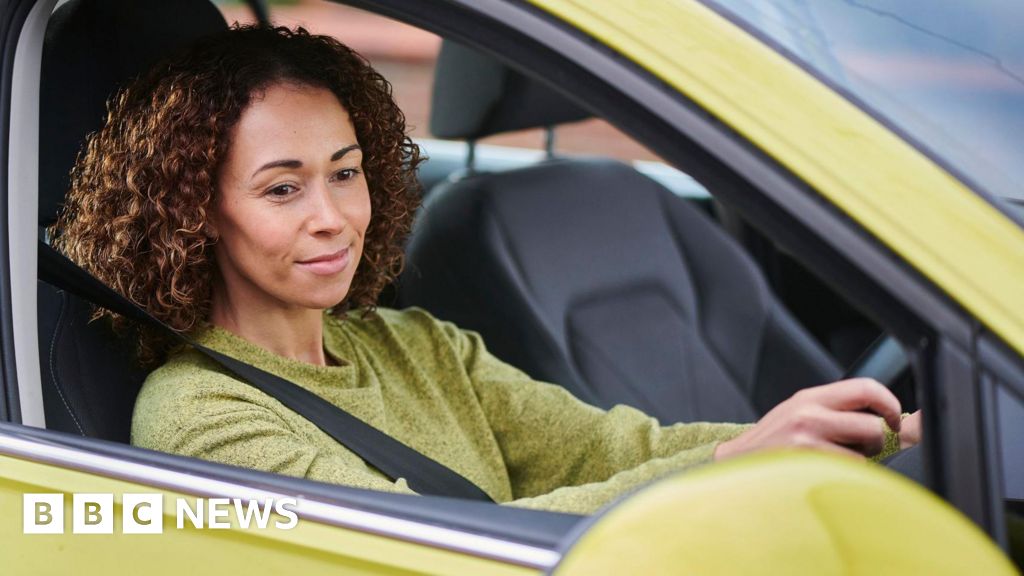The Conservatives are promising to bring in a new law if re-elected, which they say would curb “unnecessary restrictions” on drivers.
The plans would include “unilaterally reversing” the expansion of the Ulez clean air scheme in London, and giving communities referendums on low-traffic neighbourhoods.
Ministers have been trying to position themselves as being “on the side of drivers” for some time.
But Labour criticised the announcement as “desperate stuff from a government that has run out of road”.
If it retains power, the Conservative party says it would to introduce a bill to Parliament which it says would prevent any potential “pay per mile” taxes being introduced.
Under such schemes, drivers could be charged for how far they drive, what car they drive and at what time of day.
They have been floated as one potential replacement for vehicle excise duty (VED), commonly known as car tax, to plug the revenue gap as drivers switch to electric cars.
VED and fuel duty that motorists pay at the pump raise billions of pounds a year for the government, but neither tax is currently levied on pure electric vehicles.
There are mixed opinions on “pay per mile” schemes among industry figures and drivers, although the Transport Select Committee has previously said road-pricing technologies could help address congestion too.
Under the Conservatives pledge set out on Friday, it also said that it would reverse the expansion of London’s Ultra Low Emission Zone, known as Ulez.
The central London Ulez, first introduced in 2019, was extended to cover the whole of Greater London last August.
A £12.50 daily charge applies for entering the zone in a vehicle that does not meet emissions standards.
It is aimed at tackling air pollution in the capital city but its expansion sparked protests across London, with Ulez cameras and signage also being damaged.
Prime Minister Rishi Sunak took aim at Labour leaders in Westminster and Cardiff Bay, who he accused of launching a “war on drivers”.
The Conservatives say the Bill would ensure a binding local referendum on any new proposed Low Traffic Neighbourhood schemes or 20mph zones, as well as existing schemes where 15% of residents in affected wards sign a petition.
In March, new government guidance was issued on LTNs after a review was ordered by Rishi Sunak. It said councils would have to consider residents’ views before introducing any LTNs, which are designed to reduce traffic in residential areas by restricting their use as through routes.
The Welsh government reduced the restricted roads “default” speed from 30mph to 20mph in December last year in built-up areas like villages, towns and cities.
But the process of reverting some roads from the 20mph limit will begin in September, as the policy is being “refined” after it drew heavy criticism from some affected drivers.
A Labour spokesperson said that it would “leave decisions on safe school streets and local traffic measures to local communities – not politicians in Westminster.”
They added that they would “tackle rip-off car insurance costs” and “break down planning barriers” to ensure transport infrastructure is delivered on time.
A Liberal Democrat spokesperson suggested the announcement was “pure hypocrisy”.
“[The Conservatives’] lack of action and cuts to highways budgets costs motorists across the country time and money every day,” they said.
It also said that they would increase rural fuel duty relief to help drivers in those areas.
The BBC has also approached the SNP for comment.

